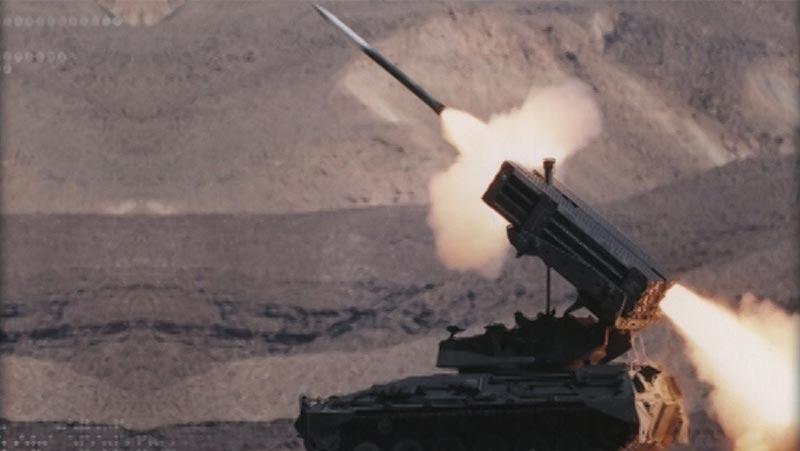Getting your Trinity Audio player ready...
The Defense Ministry is advancing the production of munitions for use by the Air Force for the first time, Ynet has learned, aiming to boost Israel's self-reliance in military capabilities and reduce dependence on foreign military aid.
Read more:
Local production is also a response to the global shortage of armaments due to the war in Ukraine, which has left the IDF vulnerable to unmet operational needs. The U.S. reportedly redirected supplies initially intended for Ukraine to the IDF at the onset of the war.
Jerusalem was concerned that countries willing to provide the necessary military equipment might impose conditions restricting actions that could affect civilians as a prerequisite for the sale.
Israel manufactures artillery and tank shells domestically through IMI Systems, previously known as Israel Military Industries. However, the Israeli Air Force's supply of munitions still relies entirely on imports from the United States despite a 2007 State Controller's report emphasizing the importance of locally producing armaments for IDF.
IMI Systems, which was privatized in 2015, remained contractually committed to meeting the needs of the military and has expanded its production lines since the war began.
In an effort to enhance Israeli self-reliance in military supplies, the Defense Ministry aimed to establish local production of the chemical agents necessary for bomb manufacturing. This initiative was coordinated with local defense industries. The transition to domestic armament production is projected to cost billions, with payments distributed to major producers, as well as smaller subcontractors.
"During the Ukraine war, the world realized that, contrary to expectations of a futuristic battlefield dominated by small, technologically advanced armies, there remained a significant demand for conventional, less sophisticated weaponry," a security official told Ynet.
"The Air Force's munitions are made up of bombs that are imported but equipped with locally developed technological components. We now aim to manufacture the hardware too," he explained, adding that the idea is to potentially export locally produced armaments to meet increasing global demands due to escalating international threats. "The American military aid could be used to purchase items that can only be sourced in the U.S."




